
CIA Director says US is ‘confident’ that China is considering lethal aid for Russia
Latest on the fighting: Ukraine reports heavy shelling throughout frontline, says attacks in Luhansk repelled
From CNN’s Maria Kostenko and Tim Lister
Here’s what we know about the latest fighting on the ground, with authorities in several parts of Ukraine reporting extensive Russian shelling over the past 24 hours – from the northern region of Sumy to Kherson in the south.
Much of the incoming fire was directed at settlements in Luhansk and Donetsk regions, many of which have been deserted by their residents. Russia controls much of the two territories and hopes to fully capture them.
Artillery fire on the town of Kupyansk in neighboring Kharkiv region has picked up in recent weeks, with Russian forces only some ten kilometers away.
Ukrainian officials said there were artillery attacks against several towns and villages along the hotly contested frontlines to the east of Kupyansk.
The authorities in Donetsk region said three people were killed and four wounded over the past 24 hours. They said several settlements near the flashpoint city of Bakhmut came under fire.
Serhiy Hayday, head of Luhansk region military administration, said in the area where Donetsk and Luhansk regions meet (near the town of Kreminna) “all attacks have been repelled. The Kreminna sector is a forest landscape which is why Russians are trying to manoeuvre there, going with small groups of 10-15 people. Russians are learning from us, so it varies from day to day.”
Hayday added that “enemy losses reached 70 killed and uncountable wounded. Their hospitals are overcrowded. Russians do not care about their losses at all.”
CNN can’t independently confirm losses of either side in the fighting.
Analysis: Why Moldova fears it could be next for Putin
From CNN’s Rob Picheta
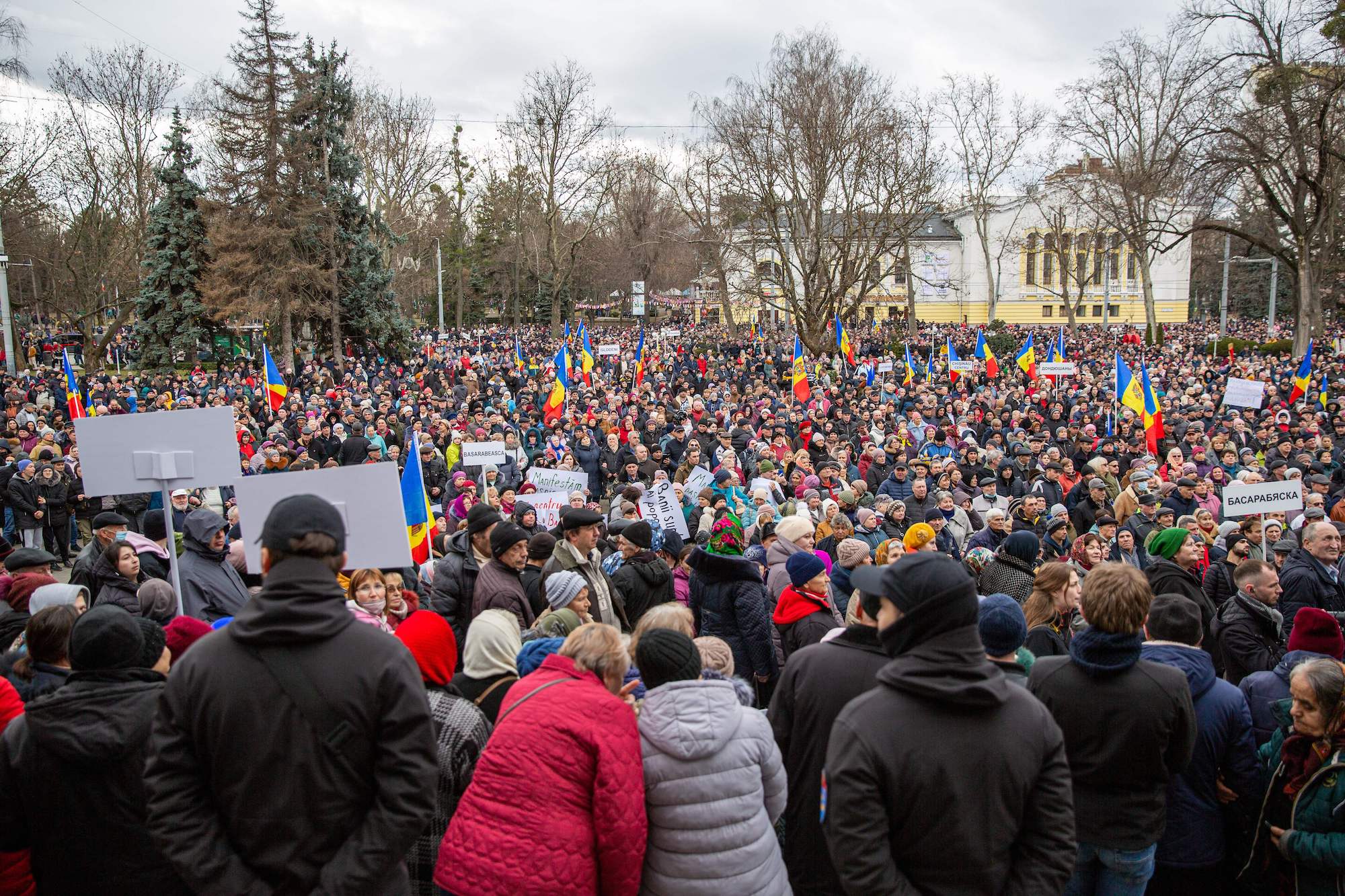
Tensions are mounting in Moldova, a small country on Ukraine’s southwestern border, where Russia has been accused of laying the groundwork for a coup that could drag the nation into the Kremlin’s war.
Moldova’s President, Maia Sandu, has accused Russia of using “saboteurs” disguised as civilians to stoke unrest amid a period of political instability, echoing similar warnings from Ukrainian President Volodymyr Zelensky.
Russian President Vladimir Putin has meanwhile baselessly accused Kyiv of planning its own assault on a pro-Russian territory in Moldova where Moscow has a military foothold, heightening fears that he is creating a pretext for a Crimea-style annexation.
US President Joe Biden met President Sandu on the sidelines of his trip to Warsaw last week, marking the one-year anniversary of Russia’s invasion.
Although there is no sign he has accepted her invite to visit, the White House did say he reaffirmed support for Moldova’s “sovereignty and territorial integrity.”
Read the full analysis piece here.
Putin says the West aims to break up Russia
From CNN’s Uliana Pavlova
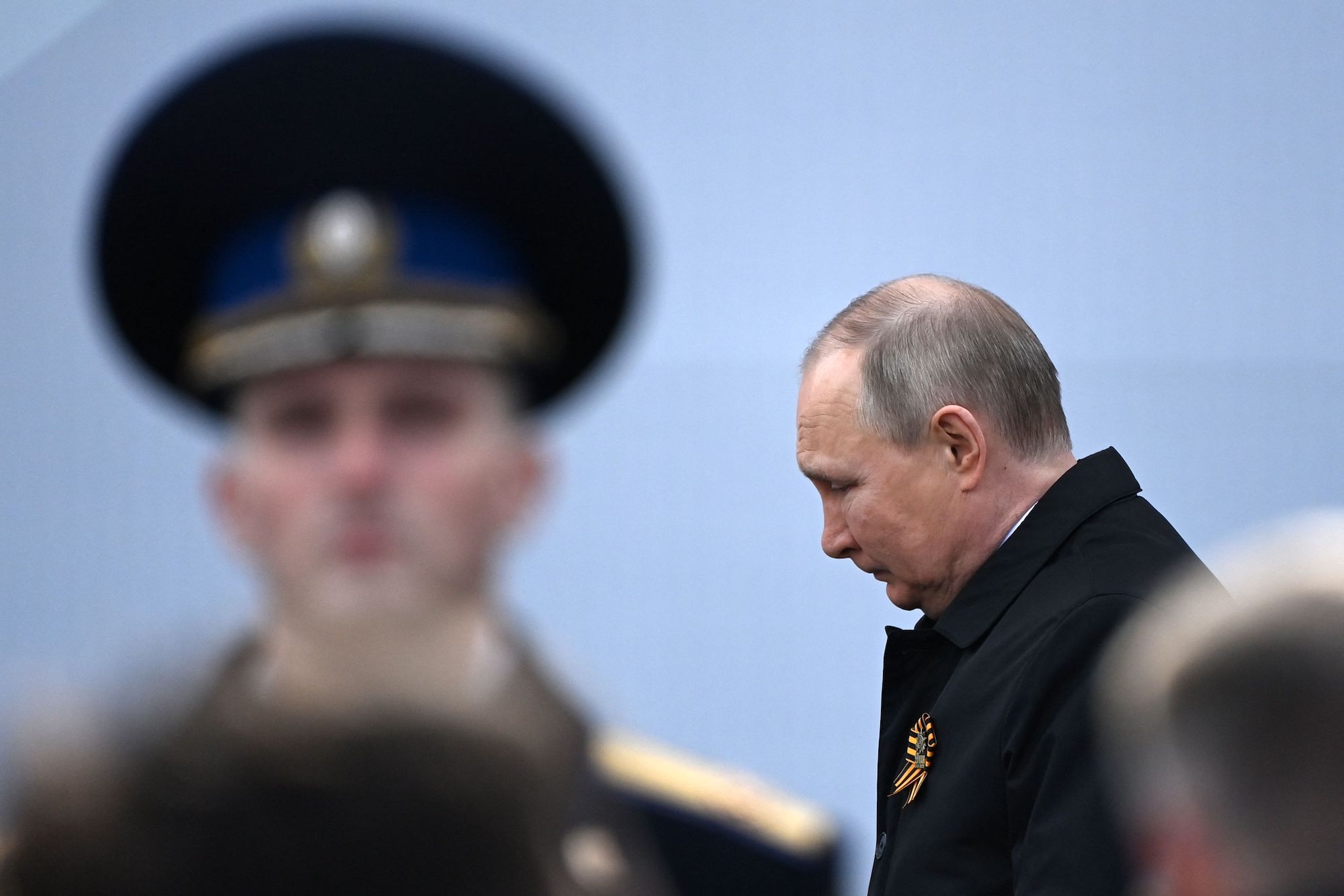
Russian President Vladimir Putin has accused the West of attempting to destroy Russia.
Russian state news agency RIA Novosti reported that in an interview with Rossiya 1 Putin said the West has “one goal – to break up the former Soviet Union and its main part – the Russian Federation.”
“And then, perhaps, they will accept us in the so-called family of civilized peoples, but only separately, each part separately. For what?” Putin said.
In comments to another channel, Putin said that Russia needs to consider NATO’s nuclear capabilities.
“In today’s conditions, when all the leading NATO countries have declared their main goal as inflicting a strategic defeat on us, so that our people suffer as they say, how can we ignore their nuclear capabilities in these conditions?” Putin told Rossiya 1, according to TASS.
Putin has frequently stressed the importance of modernizing Russia’s nuclear forces.
The Russian president remarks build on his state of the union speech earlier in the week.
“The US and NATO openly state that their goal is the strategic defeat of Russia,” he said. “And what, after that are we just supposed to let them to travel around our (nuclear) facilities?”
Although the speech revisited old themes and largely recycled his arguments for invading Ukraine, he did make one substantial announcement, that Russia is suspending its participation in the New START nuclear arms reduction treaty.
Three weapons that changed the course of Ukraine’s war with Russia
From CNN’s Brad Lendon
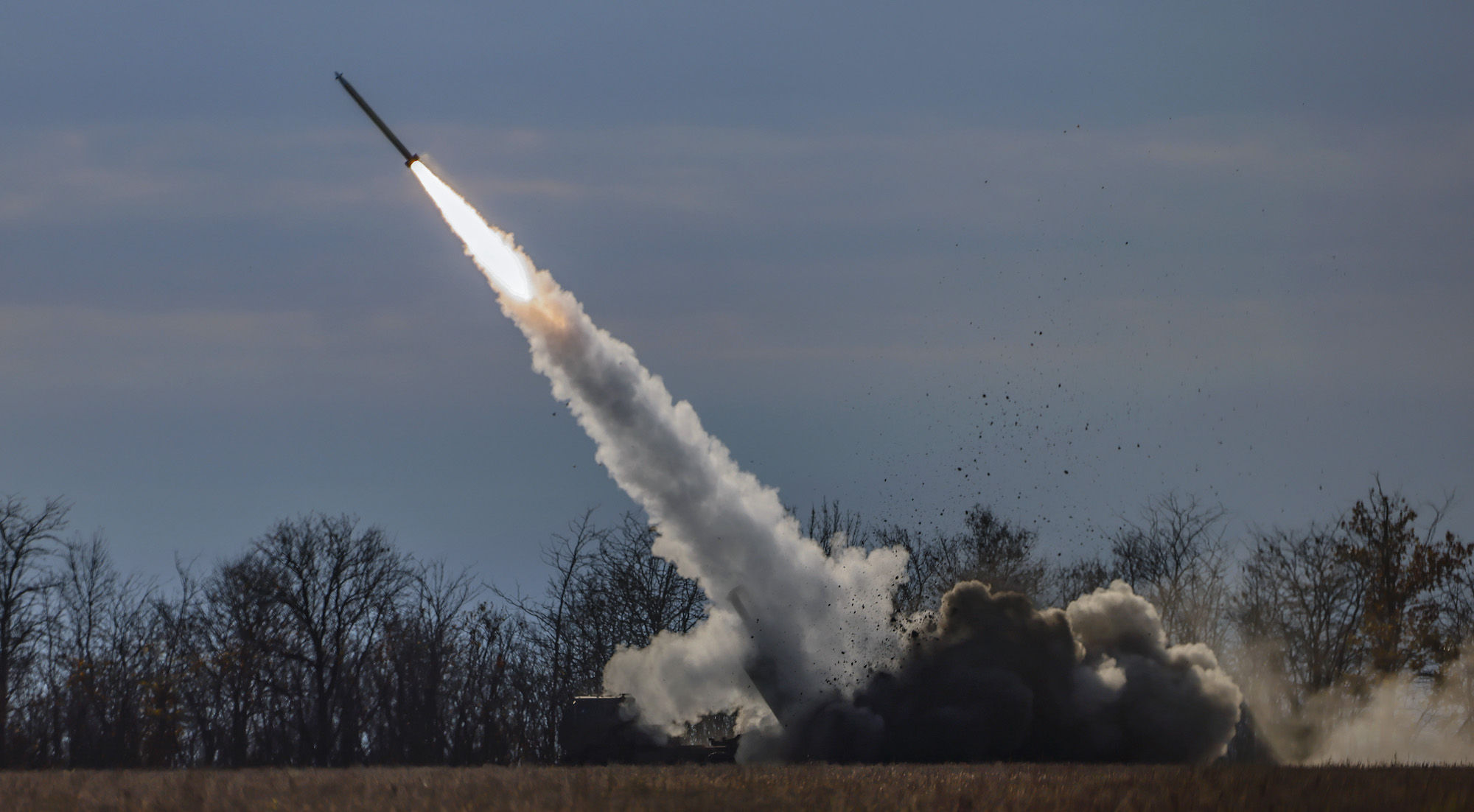
When Russian President Vladimir Putin sent his forces into Ukraine a year ago, most observers expected a quick victory for the invaders.
Those early predictions of Russian success have not materialized, for what experts cite as a variety of factors, including higher morale and superior military tactics on the Ukrainian side but also – crucially – the supply of Western armaments.
While recent headlines have made much of the potential for Western battle tanks or Patriot air defense systems to influence the war’s outcome, these systems have yet to be used in combat in Ukraine.
But there are other weapons that have already helped to change the course of the war.
Find out what the three key ones are here.
CIA director says US is “confident” that China is considering lethal aid for Russia
From CNN’s Michael Callahan
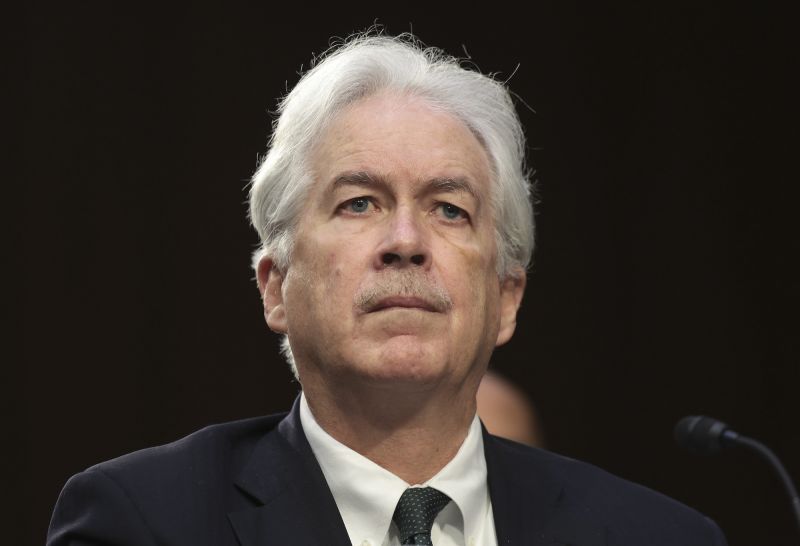
The director of the CIA says the US is “confident” that China is “considering” sending lethal aid to Russia but intelligence suggests there has been no final decision by Beijing.
“We’re confident that the Chinese leadership is considering the provision of lethal equipment,” CIA Director William Burns told CBS News.
“We also don’t see that a final decision has been made yet, and we don’t see evidence of actual shipments of lethal equipment,” Burns added.
Some context: CNN reported Friday that the US has intelligence that the Chinese government is considering providing Russia with drones and ammunition for use in the war in Ukraine, three sources familiar with the intelligence told CNN.
Kyiv’s troops are holding their lines in Bakhmut despite constant attacks, Ukrainian colonel says
From CNN’s Mariya Knight
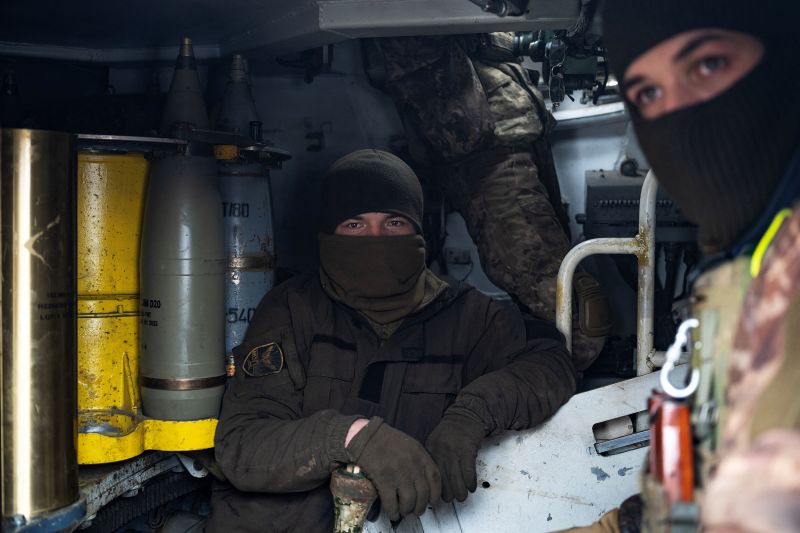
Ukrainian troops are standing their ground around Bakhmut despite a significant concentration of Russian forces near the eastern town, a Ukrainian commander said Saturday.
Cmdr. Yuriy Fedorovych Madyar, a colonel in Ukraine’s military, published a video message on his Telegram channel about the state of the fighting around Bakhmut, which remains one of the most fiercely contested territories in the war.
“Ukrainian troops have retained their positions on all three suburbs of Bakhmut — the northern, eastern and southern-southwestern. The enemy had no territorial successes,” Madyar said. “Enemy assault operations were unsuccessful.”
The colonel said Ukrainian forces “don’t see any additional accumulation” of Russian troops in these areas. Still, the concentration of Russian forces in Bakhmut is “already considerable,” allowing the Russians “to launch assault operations several times a day.”
Madyar said the situation in the southern suburbs of Bakhut is stable, and that it’s the northern suburbs that are proving “the most difficult part of the front lines to hold on to.”
“There is a large number of enemy troops and high intensity of enemy assault operations,” Madyar said, describing the situation in the northern suburbs. “Appropriate forces were sent there to prevent the enemy from implementing its plan to surround the city and its outskirts.”
Madyar said that over the past week, the number of remaining civilians seen in the streets of Bakhmut “has fallen to zero.”
What Russia is saying: Russia state news agency RIA Novosti carried a report this week showing a Russian soldier walking through the outskirts of Bakhmut, saying that Ukrainian forces have been holding on to their lines but retreating “occasionally.”
And the Russian private military company Wagner has claimed that it now controls the village of Yahidne. The village is in the northern suburbs of Bakhmut — the same area that Madyar, the Ukrainian colonel, said was proving the most difficult to hold.
CNN has not been able to independently verify either side’s claims on recent troop movements around Bakhmut.
One year into Ukraine war, US gas prices are lower. Here’s how that is possible
From CNN’s Chris Isidore
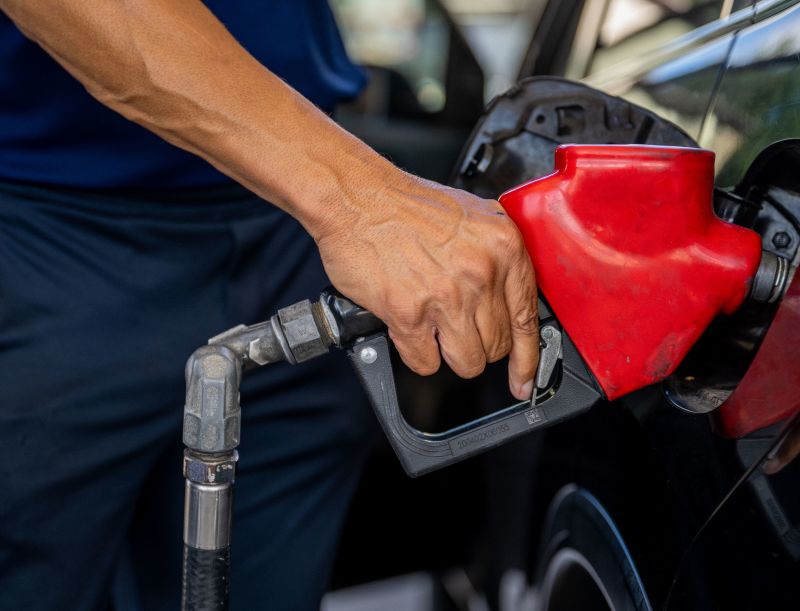
Russia’s brutal invasion of Ukraine has roiled global economies and made an impact even in countries far from the frontline horrors of the war.
In the United States, Americans have felt the effects at the gas pump, paying the price for a disrupted global energy markets and the sanctions imposed on Russia by the US and its allies.
From the day before Russia’s full-scale invasion started, US gas prices shot up $1.48 a gallon, or 42%, to a record price of $5.02 by June 14.
That peak was short-lived — the national average price of gasoline, as tracked by the agency Oil Price Information Service for AAA, fell continually for 98 straight days from the day the record was set to September 20.
On Friday, the first anniversary of the invasion, the national average stood at $3.39 a gallon, compared to $3.54 on the day the war started.
Why prices shot up, then fell: To understand why gas prices are down, it’s important to understand why they went up so much — and so fast.
Crude oil prices are determined on global commodity markets. And to some extent, those markets overreacted to the start of the war.
“The market’s reaction was due to uncertainty,” said oil analyst Andy Lipow. He said that those trading oil futures thought the global market would have to find a replacement for all the Russian oil when there wasn’t an alternative available.
But Russian oil shipments continued even with the sanctions, although they were redirected elsewhere. Instead of sending much of its oil and refined products to Europe, Russia sent them to countries like China, India and Turkey.
And the sanctions never completely shut down the flow of oil to Europe, although a price cap limited the shipments and the amount that buyers in those countries would be willing to pay.
In addition, the United States and its allies announced in March they would start releasing oil from their stockpiles of crude, such as the US Strategic Petroleum Reserve, putting downward pressure on prices.
The economic outlook also drove oil prices: Few things take a bite out of gas prices like a recession, or even just the fear of one. People who lose their jobs don’t have to commute, and they pull back their spending on discretionary items like travel, too. Consumption falls, followed by prices.
Rising fears of a global and US recession roiled markets in late 2022, pushing down the price of oil futures. Fears of a US recession have receded recently, with very strong reports on US job growth and retail sales, but they’re not gone — particularly not with the Federal Reserve expected to continue raising interest rates.
That has only further helped tamp down prices at the pump.
Read a full breakdown of the war’s impact on gas prices here.
Zelensky calls EU’s new Russian sanctions package “powerful”
From CNN’s Mariya Knight
Ukrainian President Volodymyr Zelensky said Saturday that the European Union’s 10th sanctions package would deal a significant blow to Russian enterprises.
“Now, new sanctions steps are in the 10th package, powerful, against the defense industry and the financial sector of the terrorist state and against the propagandists who drowned Russian society in lies and are trying to spread their lies to the whole world,” Zelensky said in his nightly address. “They definitely won’t succeed.”
The package, which the EU approved Friday, includes:
- Targeted restricted measures against individuals and entities supporting the war, spreading propaganda or delivering drones used by Russia in the war
- Measures against Russian disinformation
- Tighter export restrictions regarding dual-use and advanced technology
Sanctions will continue to be introduced, Zelensky said.
He added that the Ukrainian government is working “to extend global and, in particular, European sanctions to the Russian nuclear industry, Rosatom, all those involved in the missile program and nuclear blackmail of the terrorist state.”
“The partners – the United States, the UK – have already made relevant steps. We expect the appropriate steps from the European Union,” he said.
Russia and China are the lone holdouts as G20 nations condemn war on Ukraine
From CNN’s AnneClaire Stapleton
Finance chiefs at a Group of 20 conference in India this weekend issued a joint statement condemning Moscow for its war in Ukraine, with only China and Russia declining to sign.
Nearly all countries in attendance agreed to condemn Russia’s full-scale invasion, according to the chair summary and outcome issued as the meeting concluded Saturday. The countries signing the document said the war was adversely affecting the global economy and demanded Russia completely withdraw from Ukraine.
“Most members strongly condemned the war in Ukraine and stressed that it is causing immense human suffering and exacerbating existing fragilities in the global economy – constraining growth, increasing inflation, disrupting supply chains, heightening energy and food insecurity, and elevating financial stability risks,” it continued.
“There were other views and different assessments of the situation and sanctions. Recognising that the G20 is not the forum to resolve security issues, we acknowledge that security issues can have significant consequences for the global economy,” the document stated.
The statement said “today’s era must not be of war,” adding that the United Nations Charter and international humanitarian law should be upheld.
“The use or threat of use of nuclear weapons is inadmissible. The peaceful resolution of conflicts, efforts to address crises, as well as diplomacy and dialogue, are vital,” it added.
India, the current chair of the G20 economies, hosted the meeting in the city of Bengaluru.
As Reuters reports, Russia and China’s holdout forced India to issue a summary document wrapping up the two days of talks, rather than reaching a consensus on an official end-of-meeting communique.
Key context on China: On Friday, China’s foreign ministry issued a position paper calling for a resumption of peace talks and an end to unilateral sanctions, and stressing its opposition to the use of nuclear weapons.
But Beijing’s claim to neutrality has been severely undermined by its refusal to acknowledge the nature of the conflict – it has so far avoided calling it an “invasion” – and its diplomatic and economic support for Moscow.
Western officials have also raised concerns that China may be considering providing Russia with lethal military assistance, an accusation denied by Beijing.
China’s top diplomat Wang Yi met with Russian President Vladimir Putin on Wednesday.
Source: https://www.cnn.com/europe/live-news/russia-ukraine-war-news-02-26-23/index.html















